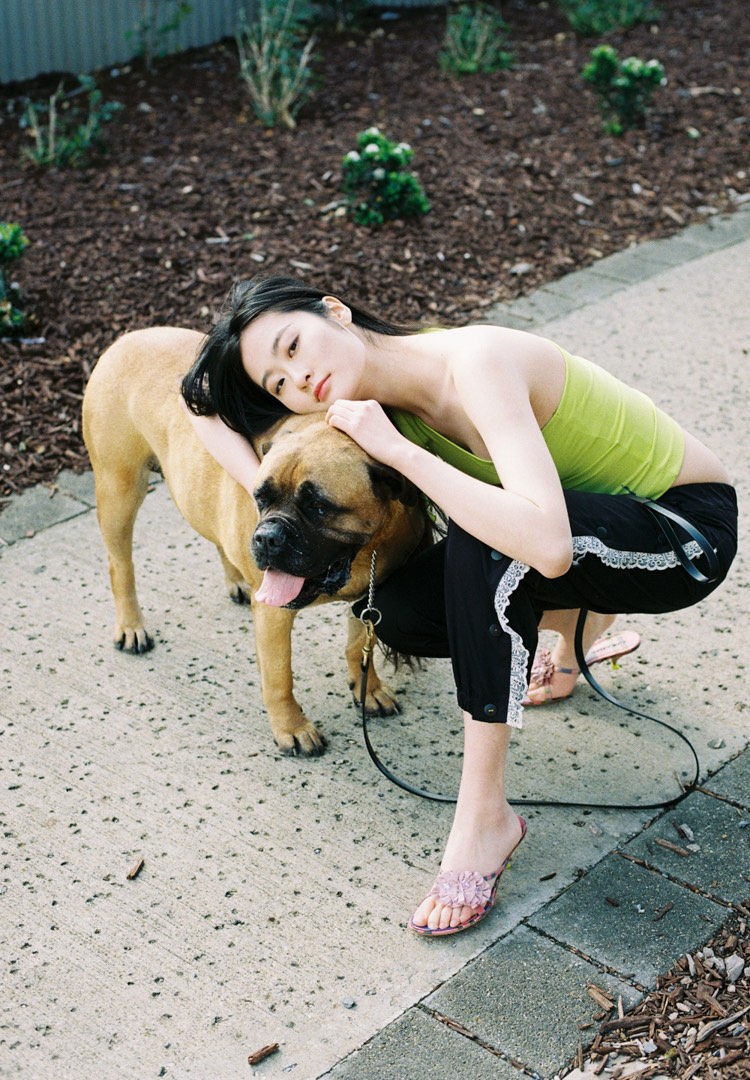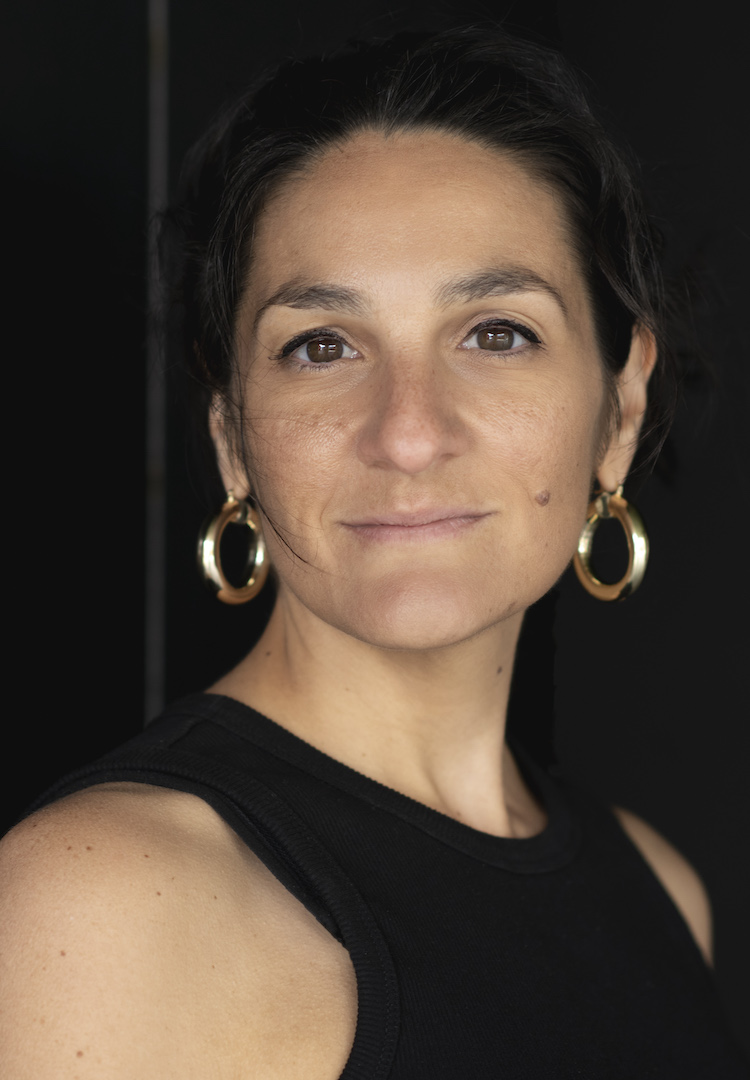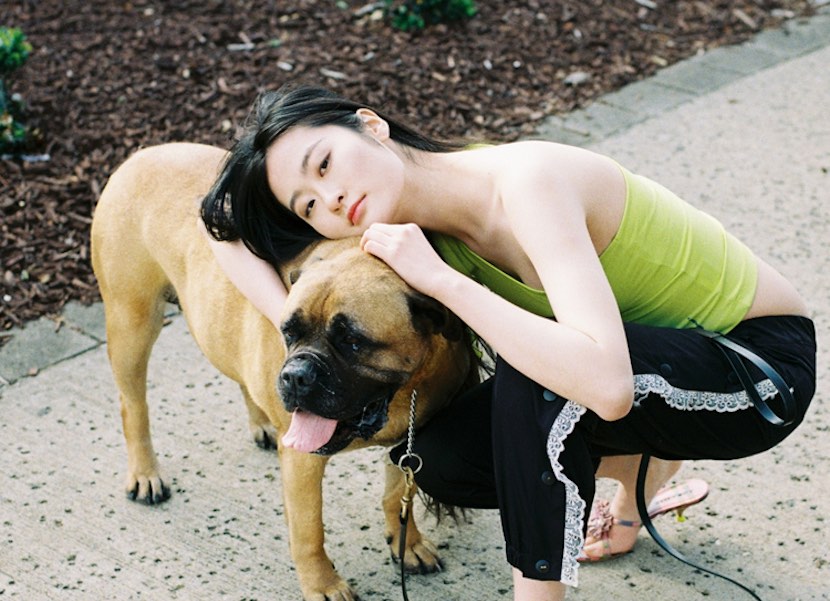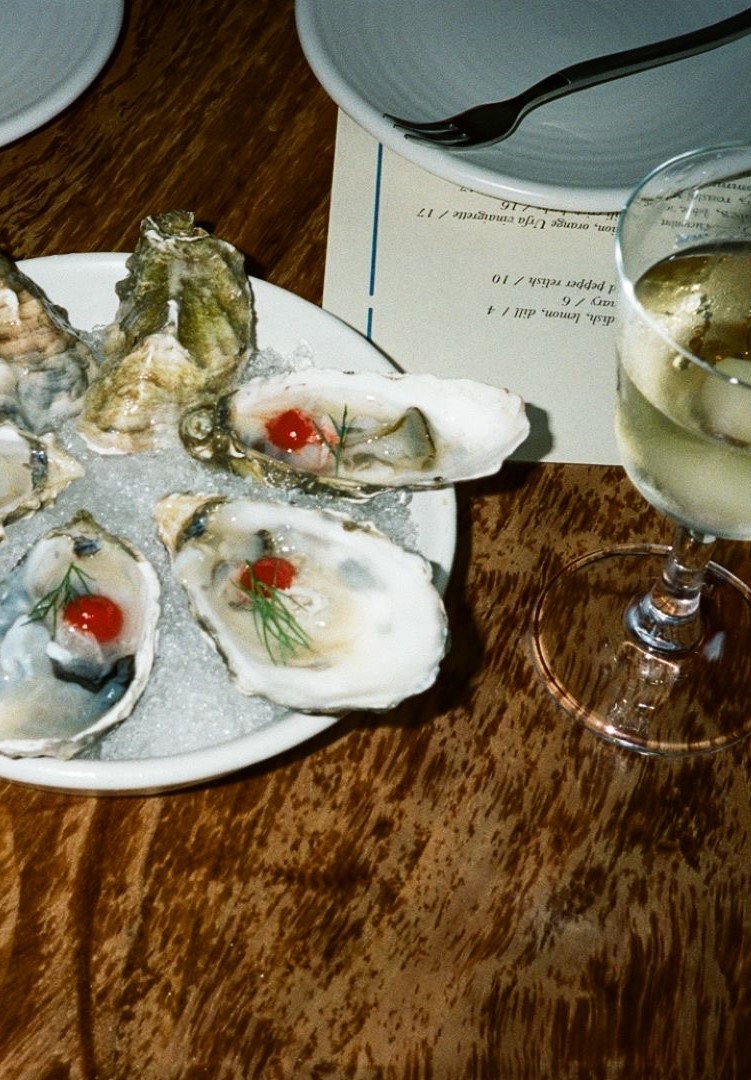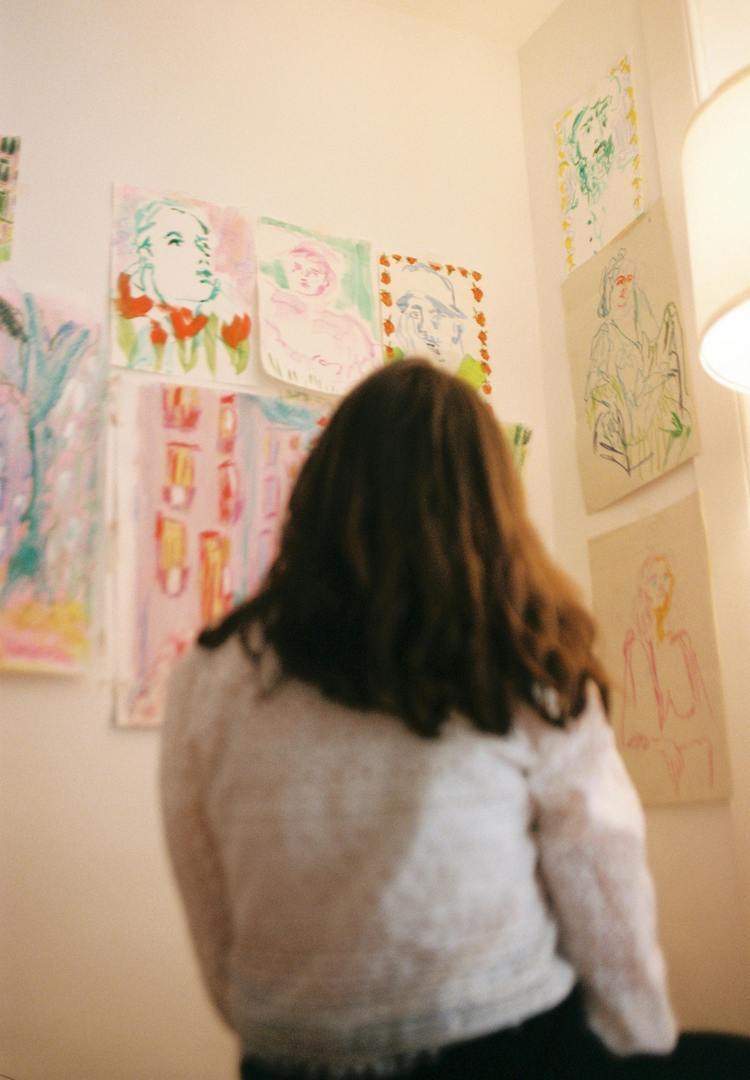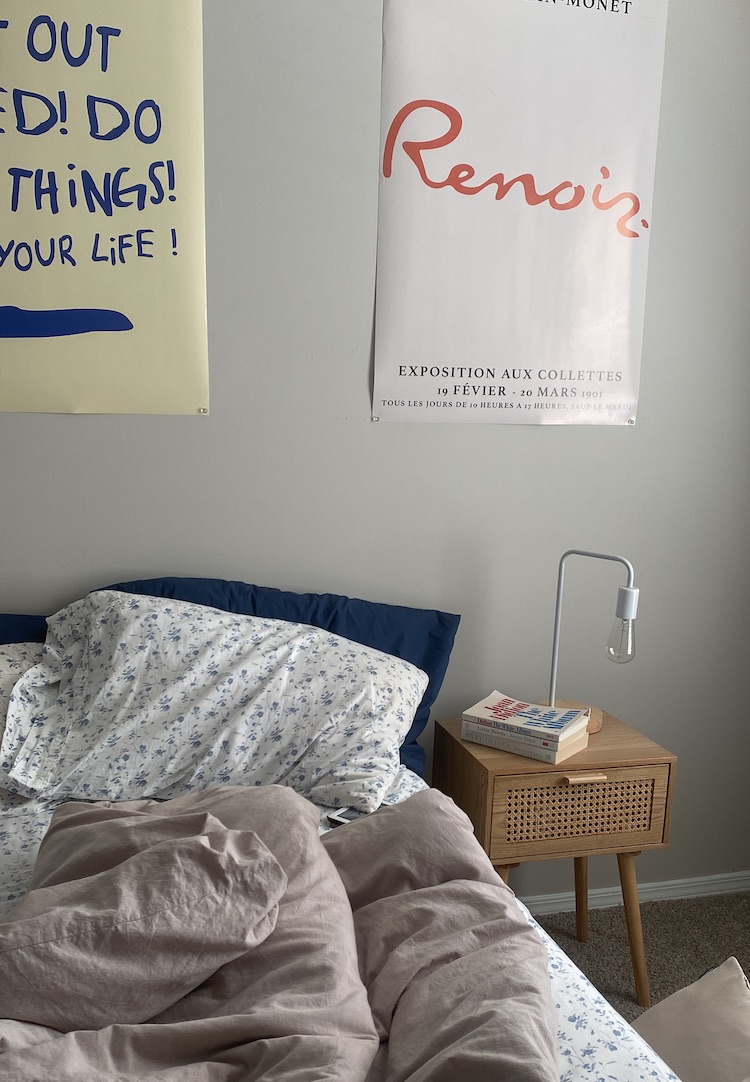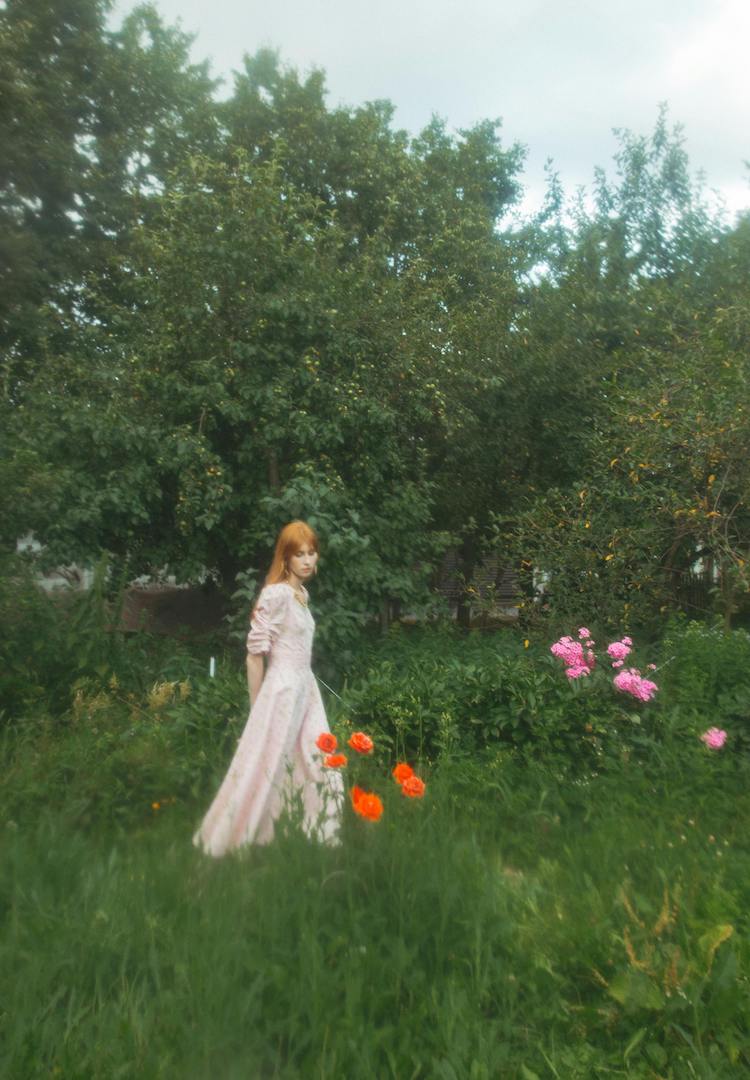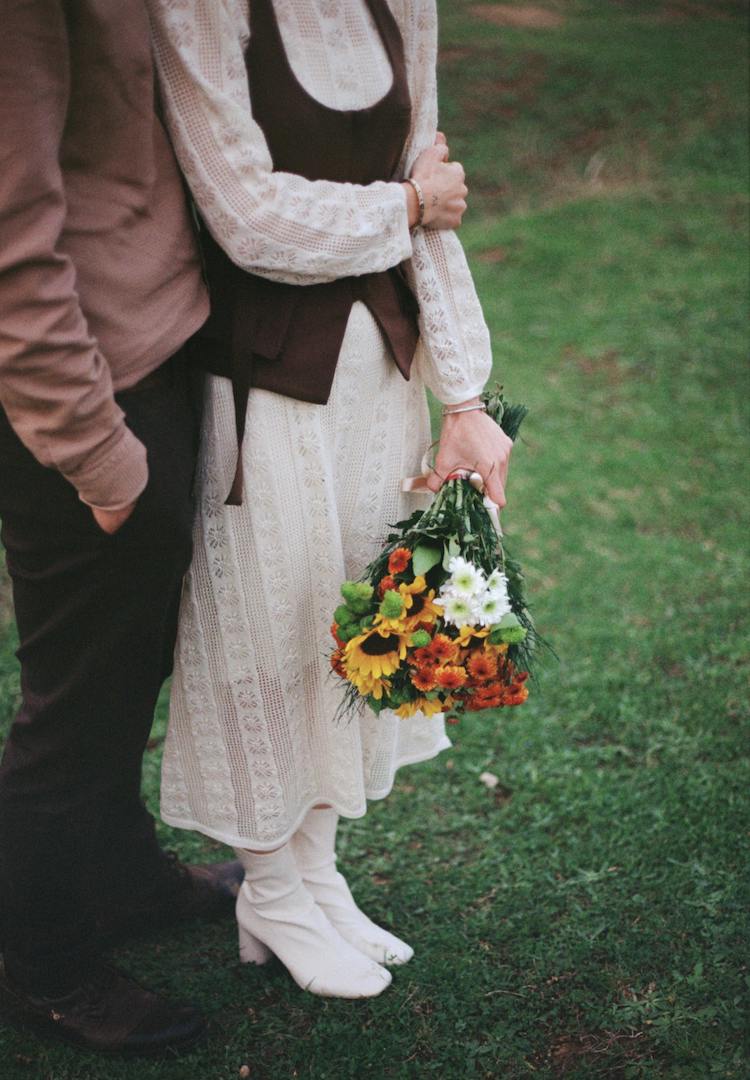I’m almost 25 and still don’t have many friends, so is it a problem?
PHOTOGRAPHY BY CLAUDIA FISCHER
WORDS BY NINA Miyashita
“What I’ve come to accept is that these depictions don’t reflect the most realistic thing about adult friendships – that they’re seasonal, complicated and terribly inconsistent.”
As an adolescent, I raised myself on the experiences and conversations of TV shows, gleaning narratives of what an ideal life looked like. I devoured series like Friends, Sex and The City and Girls, or any other show that explored the joys of your twenties and thirties.
Among other aspects of these shows – like the cute apartments and the endlessly rotating wardrobes – I was completely enamoured with the idea of having a ride-or-die group of best friends. I dreamt and waited for these people to appear in my life. And waited and waited and waited some more. All of a sudden, I’m nearing 25 years old, and I’m still waiting.
Interested to hear how others navigate the world? Head to our Life section.
Maybe it’s because I moved high schools frequently for my parent’s work. Or maybe it’s because I didn’t live on campus at university. Or maybe it’s because we put too high an expectation on what ‘friendship’ looks like as adults, thanks to the pop culture we grew up on. Lately, I’m more inclined to believe it’s the latter.
What pop culture has taught us is that our friendships should be deeply intimate and intertwined, but require minimal effort to maintain them. In all of these shows, characters either begin or end in a deep attachment to a group of their peers. And what’s demonstrated time and time again in these plotlines is that your friendships in your twenties and thirties are the most important thing in the world above all else – and that they should last forever.
Similarly, one thing that’s much harder to navigate in the real world is conflict in platonic relationships. It’s almost alarming how arguments and clashes between friends on screen are resolved quickly and without lasting impact.
Having too high an expectation for a friendship can also be exactly what leads to its downfall. We set high bars for those that we consider our best friends, and to an extent, rightly so. Loyalty and support are key pillars of any relationship. But what happens when we expect too much time, attention and leniency from our friends? Surprise, surprise, we tend to lose them.
What I’ve come to accept is that these depictions don’t reflect the most realistic thing about adult friendships – that they’re seasonal, complicated and terribly inconsistent.
As we go deeper into adulthood, there are many more things that seem to threaten our friendships than in the playground. Religion, money, politics and sex all have a very real impact on our relationships, both romantic and platonic.
Over the course of my early twenties so far, I’ve loved and lost more than one friend. And the grief that comes with this kind of breakup is only exacerbated by the torrent of idealistic friendships I expose myself to every time I open my phone.
According to studies conducted in the last few years, friendship as we know it is in decline with loneliness concurrently soaring, particularly due to the impact of COVID-19 lockdowns. And more generally speaking, our social networks actually drop off and grow smaller from our mid-twenties onwards.
Even though this social thinning out happens for the majority of people, it’s still so easy to feel like you’re doing something wrong in the friendship department. Why? Because we’re without frames of reference for adult friendships, other than ones that exist in convenient proximity to each other and always have plenty of free time.
Take for example the fact that while they’re not in the dozens, I do have some incredible friendships based on mutual love and care. It’s just that most of them don’t know each other well, and it can be months between our catch-ups. Based on the expectations and cultural understandings of friendships, the fact that we’re not all one big, happy family and that I don’t see them every single day, seems to make them count for less.
Of course, realising we’re conditioned to feel lonely by these unrealistic cultural standards doesn’t make the loneliness feel any less real. With social media also acting as a highlights reel for the most ideal moments of our lives and relationships, it’s hard not to feel left out.
But lately, I’ve seen a rise in content about making the most of being alone. People make TikToks of their New Year’s Eve that they spent by themselves, and open up on Instagram about their isolation and social anxiety. And I’ve personally loved every second of this raw honesty.
We might finally be getting to a place culturally where having a better connection to ourselves and avoiding codependency is the real goal. A place where we start taking quality over quantity more seriously and start substituting our lofty dreams about friendships for a more fulfilling reality.
The shows we grew up on were designed to make us feel good about our lives and encouraged us to look forward to the future, but for me, they ended up doing the exact opposite. My advice to anyone in a similar position to me (and I know there are a lot of you) is to maybe take ourselves out of that idealistic picture, and throw ourselves into the complexity and joys of real friendships, however few you might have.
For more on the difficulty of making friends in your twenties, try this.


